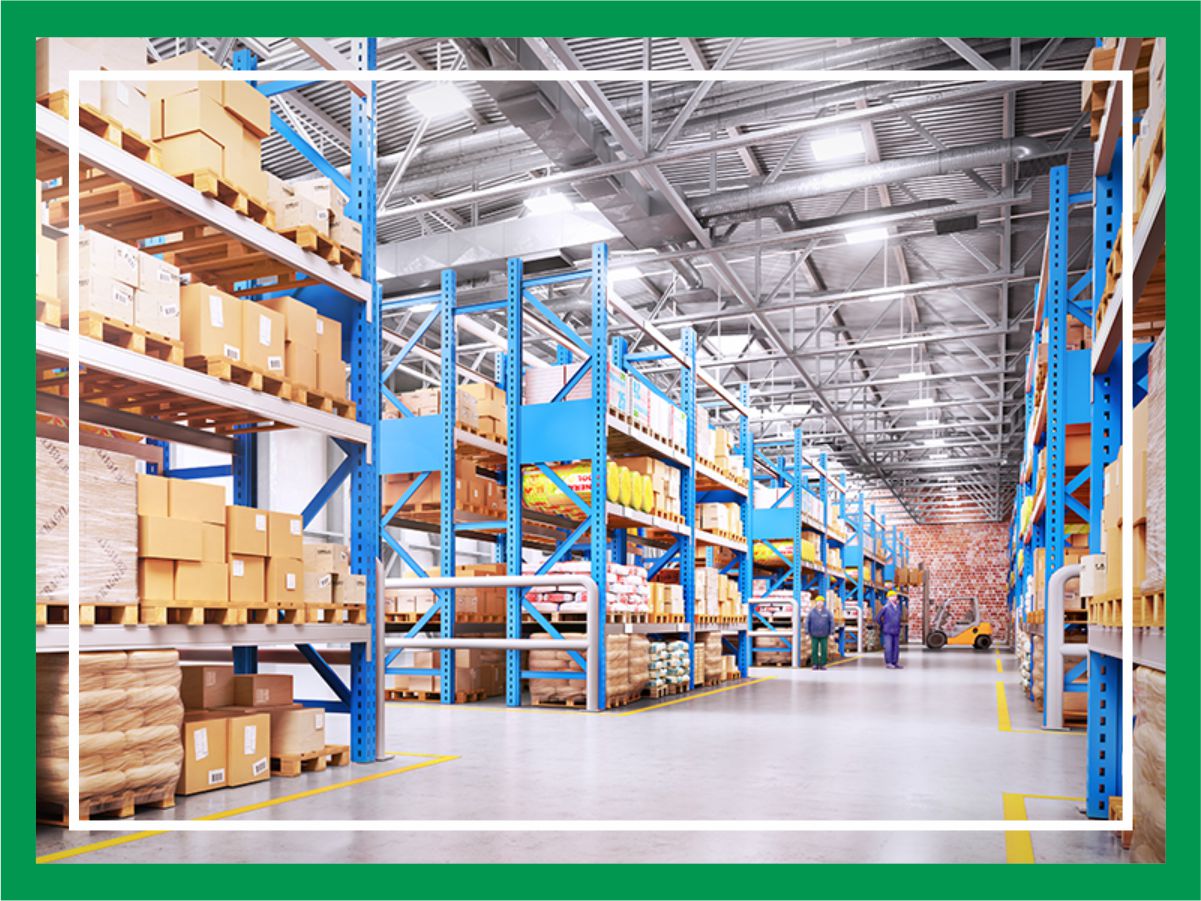Distribution, Warehousing and Logistics
The concept of Halal certification has increasingly received attention from a business perspective all over the world. This expansion of the Halal concept for products has now extended to include the movement of Halal products along the Halal supply chain process. It is not just limited to encompass the production and processes only but also involves all activities throughout the supply chain including the source of supply, handling, storage, warehousing, and manufacturing and transportation activities. Throughout the supply chain activities, various circumstances expose the Halal products to risks of contamination with Haram and hazardous products that can affect the status of Halal products. As the production of food, pharmaceutical, and cosmetics is more globalized, the supply chain is also expanding its horizon, therefore the Halal industry has introduced a new concept of Halal logistics and Halal supply chain.For Halal Logistics, transportation companies, warehouses, logistics businesses get Halal certification to facilitate Halal supply chain with Shariah compliance. The main objective of Halal logistics is to ensure the Halal integrity of Halal products for the end consumer. This requires all inbound and outbound transportation services, inclusive of the nature of and description of containers and equipment, modes of transportation, placement, staking and storage conditions, dispatch receiving, handling, and distribution of activities with a clear process flow for tracking and traceability of Halal movement as specified by the Halal Logistics standards. Additionally, it supports the companies to acquire Halaln-Toyyiban (Halal and wholesome) risk management plan to identify all possible risks of contamination in each of the logistic processes. Halal Logistics audit helps companies of transportation, logistics, storage, and warehousing to acquire SoPs, process flows, and detailed descriptions of the tasks.

